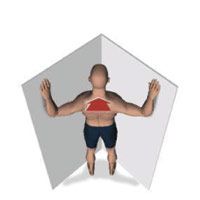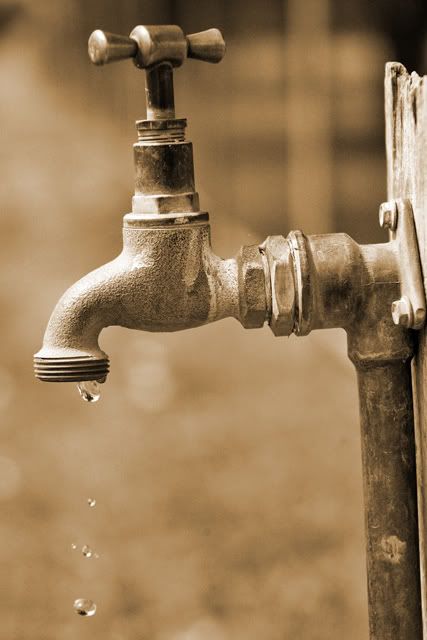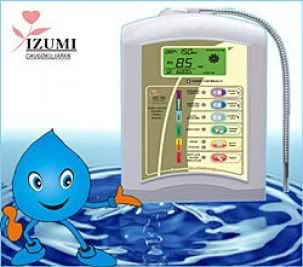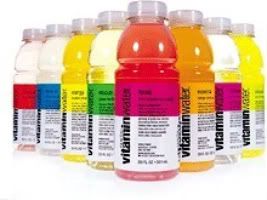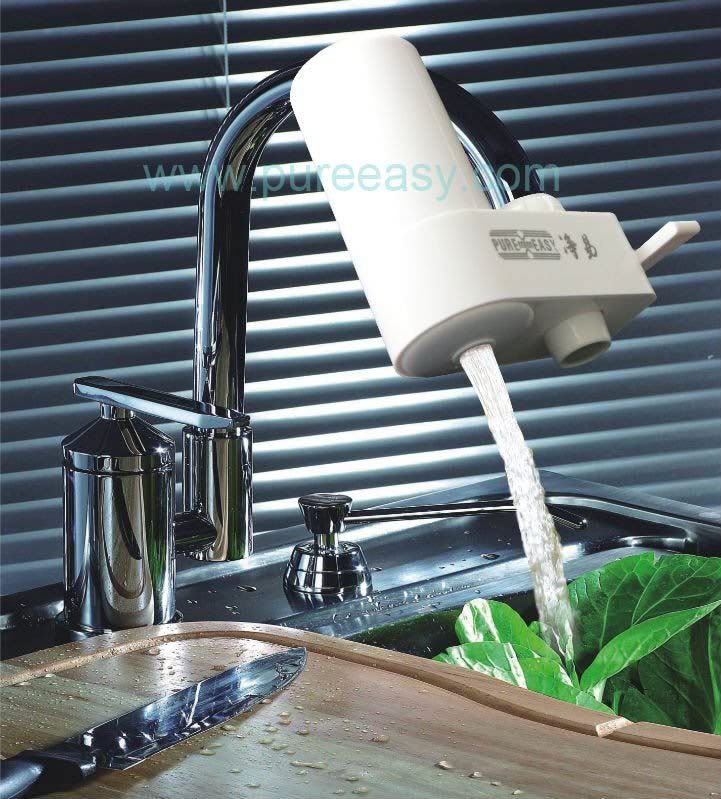
Found this article and thought it would be useful...
Sleep Linked to Gains in Abdominal Fat
March 11, 2010A recent study published in the journal
SLEEP found that extremes of sleep duration are related to increases in abdominal fat in persons younger than 40 years old. Researchers found that persons sleeping less than five hours at night gained more abdominal fat over a five year period, versus those who averaged over six hours per night.
The study focused on African-Americans and Hispanic-Americans. Lead researcher Dr. Kristen G. Hairston, of Wake Forest University School of Medicine in Winston-Salem, North Carolina said the study focused on blacks and Hispanics because they are understudied and are at risk of obesity and related illnesses.
Regardless of ethnicity, weight gain to the point of obesity can increase your risk of diabetes and heart disease.
The studyfound that short sleepers showed a 32 percent gain in visceral fat, versus a 13 percent gain among those who slept six or seven hours per night, and a 22 percent increase among men and women who got at least eight hours of sleep each night.
Although the study focused on persons 40 years or younger, the National Sleep Foundation's own 2003
Sleep in America poll found that older adults are not exempt from the ill-effects of insufficient sleep. Some highlights from the poll were:
- Inadequate sleep is associated with diabetes in older adults.
- Sleep problems are common in older adults who are classified as obese or overweight.
The poll also found that about one-half of
older adults exercise three or more times a week to improve their fitness. The more that older people exercise, the less likely they are to report sleeping poorly; we think that's good advice for everyone.
MORE STUDIES
Not getting enough sleep at night could result in loosening the ol' belt a couple of notches. This is because losing sleep has been shown to raise levels of two hormones linked with appetite and eating behavior. More specifically, lack of sleep reduces leptin, a hormone that tells the brain there is no need for more food, and increases ghrelin, a hormone that triggers hunger.
In one study, researchers found people who received only four hours of sleep a night for two nights experienced:
- 18 percent reduction in leptin
- 28 percent increase in ghrelin
Also, the sleep-deprived subjects in the study seemed to eat more sweet and starchy foods, rather than vegetables and dairy products. Researchers suspected these cravings stemmed from the fact that the brain is fueled by glucose (blood sugar); thus, when lack of sleep occurs, the brain searches for carbohydrates.
In another study, researchers found that the less people slept, the more they weighed (in regard to body mass index, which scales weight to height). This study also revealed that people who slept less had lower leptin levels and higher ghrelin levels. More specifically, a:
- 16 percent reduction in leptin
- 15 percent increase in ghrelin
So.... It looks like if you don't get that magical number of 6-7 hours you are in trouble. Don't go over or under. And it's WORSE if you get UNDER. If you have trouble sleeping I do not recommend medication sleeping aids b/c they have their own problems.
ex. Addictive- these pills are notorious for being addictive which means that once you want to stop taking them, you'll likely suffer withdrawal symptoms that could be worse than your initial insomnia.
Sleep Eating- Ambien may also make you want to eat while you're asleep. The sleep eating can include bizarre foods such as buttered cigarettes, salt sandwiches, and raw bacon.
Gain Weight- It can also cause you to gain weight; one woman gained over 100 lbs while on ambien and others have cut themselves while trying to chop up food in their sleep.
Increase traffic accidents- Ambien actually ranks among the top 10 drugs found in the blood streams of impaired drivers, according to some state toxicology labs.
Increase in elderly injury- Using sleeping pills may increase the risk of nighttime falls and injuries, and anyone who takes them may find they wake up felling drowsy if the effects of the drug have not worn off yet.
Things to help get a Good Night Sleep
- Listen to white noise or relaxing CDs
- Avoid before bed snacks, particularly grains or sugars
- Sleep in complete darkness or as close as possible
- No TV right before bed
- Read something spiritual or religious
- Keep the temperature in the bedroom no higher than 70 degrees
- Eat a high protein snack several hours before bed
- Eat small piece of fruit to avoid drops in blood sugar during sleep
- Avoid Caffeine
- Move alarm clocks from view
- Keep your bed for just sleeping (NO WORK)
- Have your adrenals checked
- If you are menopausal or perimenopausal get checked out
- Don't change your bedtime
- Make certain you are exercising regularly
- Take a hot bath, shower or sauna before bed
- Avoid using loud alarm clocks (soothing wake up sound)
Dr. Tri Myers
Omega Chiropractic Center
107 Edinburgh South Drive, Suite 141
Cary, NC 27511
919-462-0016



